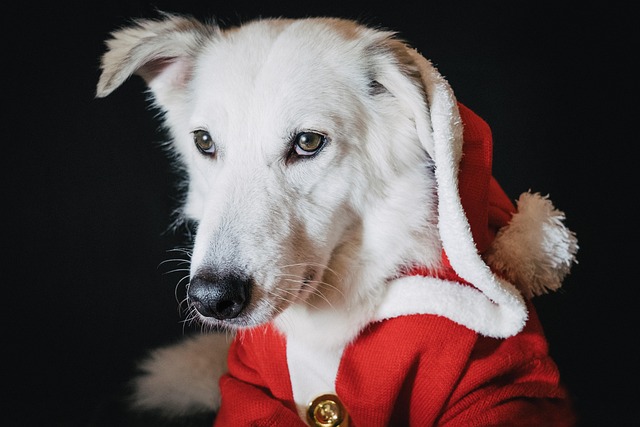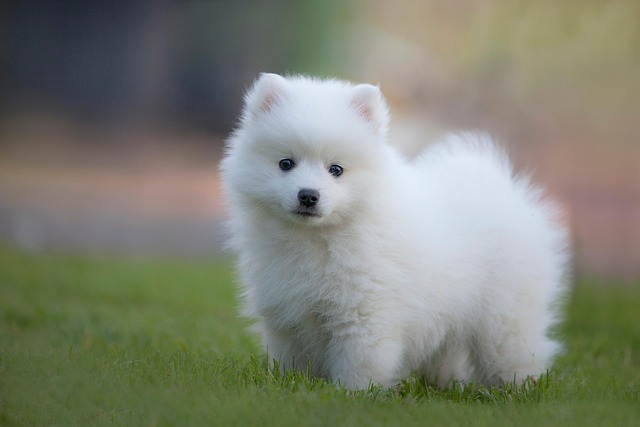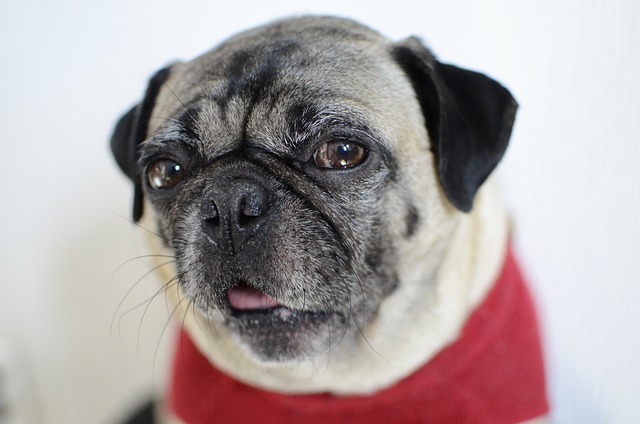
How to treat eye worms in dogs?
Spotting eye worms in dogs often starts with small, noticeable signs—squinting, redness, or your pup rubbing their eye more than usual.
In the warm years of accompanying dogs, every smile and every affectionate nuzzle from them can instantly brighten up our lives. And a dog's healthy teeth are not only a symbol of its vitality and happiness but also an important guarantee for its overall health. When a dog opens its mouth and reveals its white and neat teeth, we can feel its full vitality. On the contrary, if there are problems with a dog's teeth, such as bad breath, red and swollen gums, etc., these conditions will not only affect its eating and playing but also make us feel extremely distressed. So, how exactly can we improve a dog's dental health? This is a question that every dog lover cares deeply about.
Daily teeth brushing is a fundamental and crucial part of improving a dog's dental health. Just as we humans brush our teeth carefully in the morning and evening every day to keep our mouths fresh, dogs also need to have their teeth brushed regularly to maintain dental cleanliness. To brush a dog's teeth, first, we need to select the appropriate tools. Pet-specific toothbrushes are usually designed to be small and more suitable for the size of a dog's mouth, and the bristles are very soft, which can avoid hurting the dog's sensitive gums. When it comes to toothpaste, we must not use human toothpaste because ingredients like fluoride in it are harmful to dogs. Pet-specific toothpaste comes in a variety of flavors, such as chicken flavor and beef flavor. These delicious flavors make it easier for dogs to accept the process of brushing their teeth. Before starting to brush, let the dog get familiar with the taste of the toothbrush and toothpaste. We can apply a small amount of toothpaste on the dog's nose, allowing it to smell and lick it, and establish a good impression of the toothpaste. Then, gently lift the dog's mouth, start from one side of the teeth, and use the toothbrush to carefully clean the outer, inner, and chewing surfaces of the teeth in a gentle circular motion. At first, the dog may not cooperate very well, which requires great patience from the owner. Persist for a few minutes every day and gradually let the dog get used to the process of brushing its teeth. When the dog shows cooperation, give praise and small snack rewards in a timely manner to reinforce its positive behavior. Keeping up with teeth brushing for a long time can effectively remove plaque and soft tartar on the tooth surface, prevent the formation of tartar, and keep the dog's teeth clean and healthy all the time.
A reasonable diet structure also plays a crucial role in a dog's dental health. Choosing dog food with larger granules and a harder texture requires the dog to chew more vigorously compared to soft foods. This can effectively rub the tooth surface and reduce the residue of food debris. For example, some specially designed dental dog foods, whose shapes and hardness have been specially considered, can have a cleaning effect similar to that of a toothbrush when the dog eats. In addition, appropriately feeding the dog some raw meat bones (under the advice of a veterinarian and ensuring safety), the process of the dog gnawing on the bones can not only satisfy its natural desire to chew but also remove plaque and tartar from the teeth through the friction between the bones and the teeth. However, it should be noted that do not feed the dog bones that are too sharp or brittle to avoid hurting the mouth and stomach. At the same time, it is also crucial to control the dog's intake of sweet and sticky foods. Sweet foods are likely to breed bacteria, and sticky foods are likely to adhere to the teeth and are difficult to clean. Over time, both will cause damage to the dog's dental health.

Regular oral examinations are equally indispensable. The owner should develop the habit of frequently checking the dog's mouth, observing whether the teeth are yellowing, if there is tartar accumulation, whether the gums are red, swollen, or bleeding, and whether there are ulcers or bad breath in the mouth. These subtle changes may be signs of problems with the dog's oral health. If there is a small amount of plaque on the teeth, it can be improved by strengthening brushing and adjusting the diet. But if the tartar is already serious or the gingivitis is obvious, it is necessary to take the dog to see a veterinarian in a timely manner. The veterinarian can perform professional oral cleaning, such as teeth scaling and other operations, to help the dog restore oral health. In addition, the veterinarian can also provide personalized oral care advice according to the dog's specific situation, such as whether oral care products are needed and how to adjust the diet.
In addition to the above methods, providing the dog with snacks that are helpful for cleaning teeth is also a good choice. Snacks such as dental bones, chew sticks, and oral care biscuits can clean the tooth surface through physical friction during the dog's chewing process, taking away food debris and plaque. At the same time, some oral care snacks are also added with ingredients such as enzymes, green tea extract, and mint extract. These ingredients have functions such as antibacterial and anti-inflammatory effects and decomposing food residues, which can further maintain the dog's oral health. Moreover, the process of feeding these snacks to the dog is also a wonderful moment of intimate interaction between the owner and the dog, enhancing the relationship between them while contributing to the dog's oral health.
To improve a dog's dental health, we need to start from the little things in daily life. Every soft comfort when brushing the dog's teeth, every carefully selected food, and every careful oral examination are all filled with our deep love for the dog. When we see the dog having a mouthful of white and healthy teeth, showing a bright and innocent smile, and happily running around us, all the efforts become extremely worthwhile. Dogs accompany us with all their love and loyalty, and we should also use the most scientific and caring methods to safeguard their dental health, making this warm companionship last longer and be more beautiful. Because every dog is a unique and precious existence in our lives, and their health and happiness are our greatest source of happiness.

Spotting eye worms in dogs often starts with small, noticeable signs—squinting, redness, or your pup rubbing their eye more than usual.

You’re cleaning up your pup’s poop and notice something strange—tiny white specks or even small worms. Panic sets in, but knowing the signs of parasites can help you act fast.

You’ve probably stood in the dog park, watching other pups strut around with glossy fur that catches the sun, while your own dog’s coat looks flat and lackluster.

If you’ve ever stared at your pup’s lackluster fur and wondered if there’s a simple fix, you’re not alone. Many U.S. dog owners swear by adding eggs to their pets’ meals for a shinier coat

If you've found a probiotic that seems to be working wonders for your dog's digestion, it's only natural to wonder, "Can I keep this good thing going daily?"

Spotting tiny, wiggly worms in your dog’s eyes is scary, but acting fast matters—especially since some parasites can spread to humans or worsen eye damage.